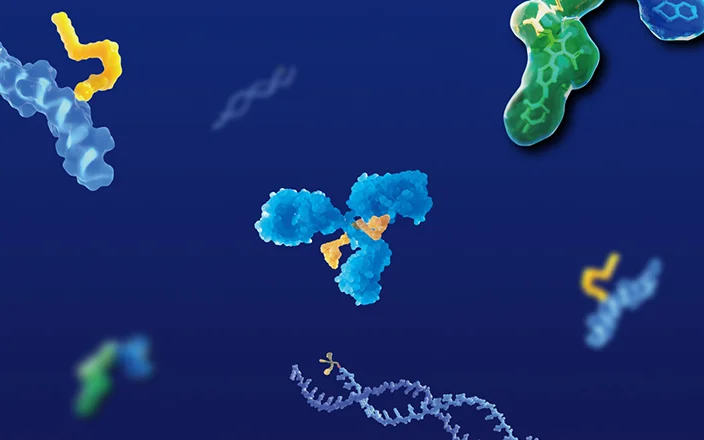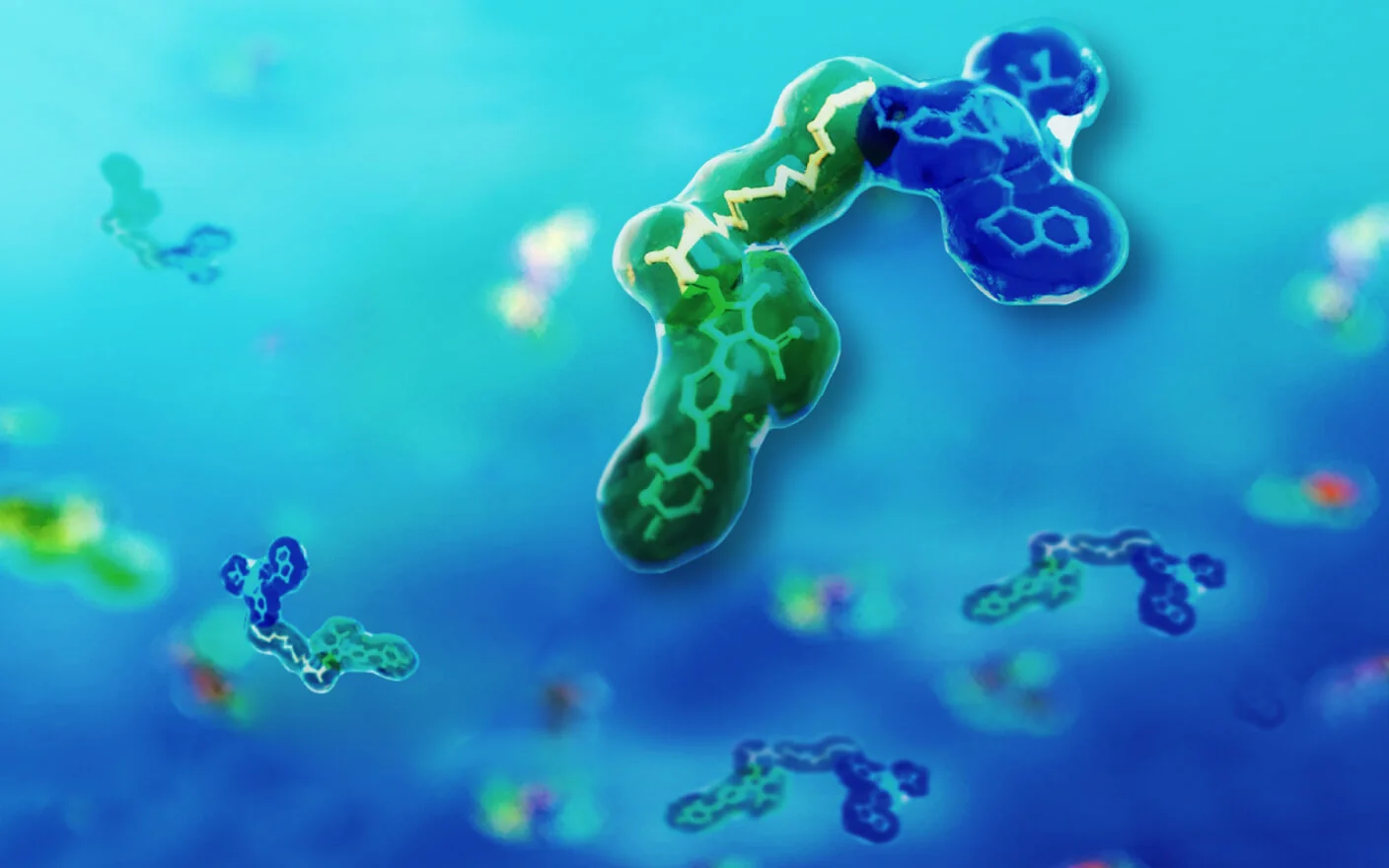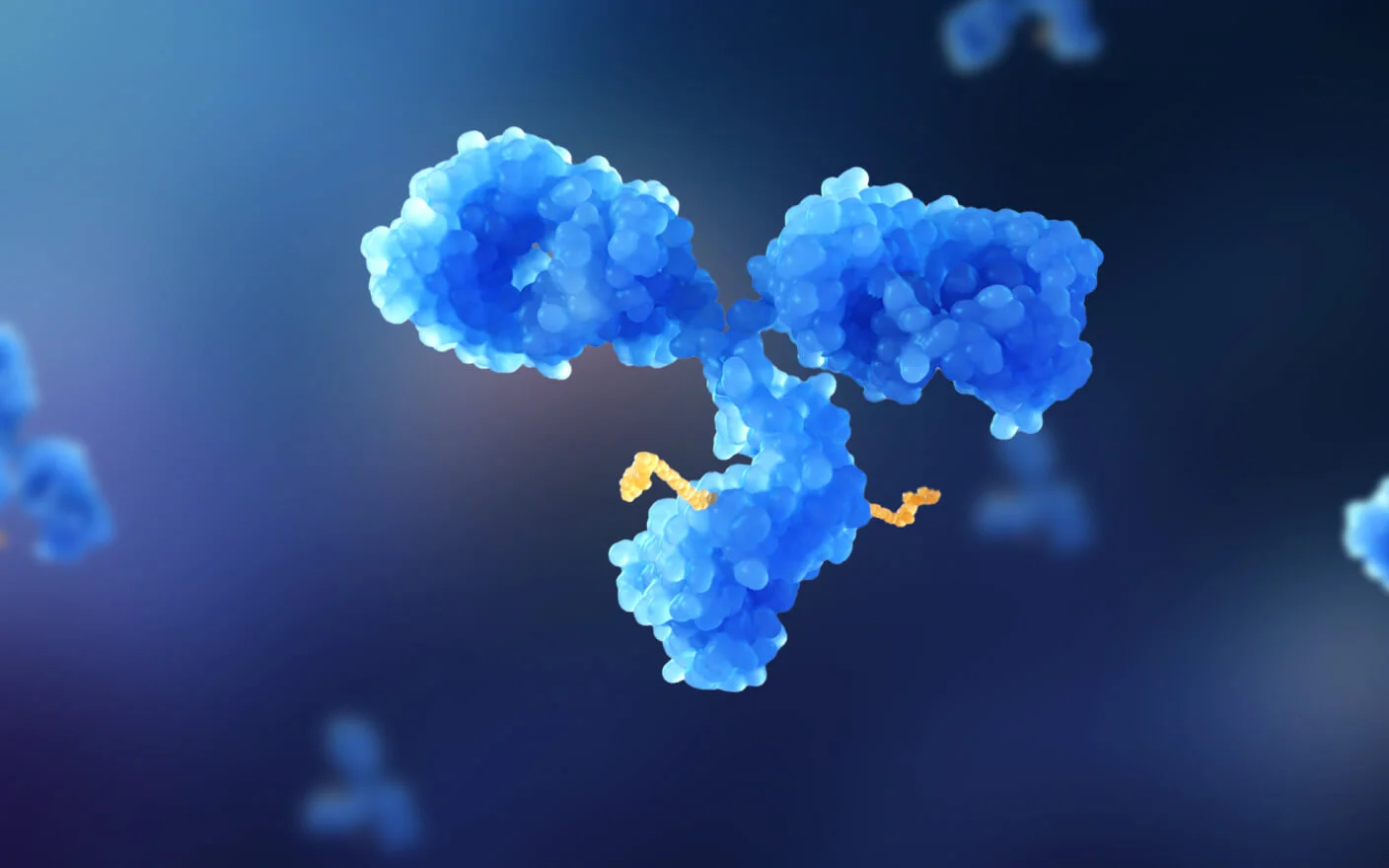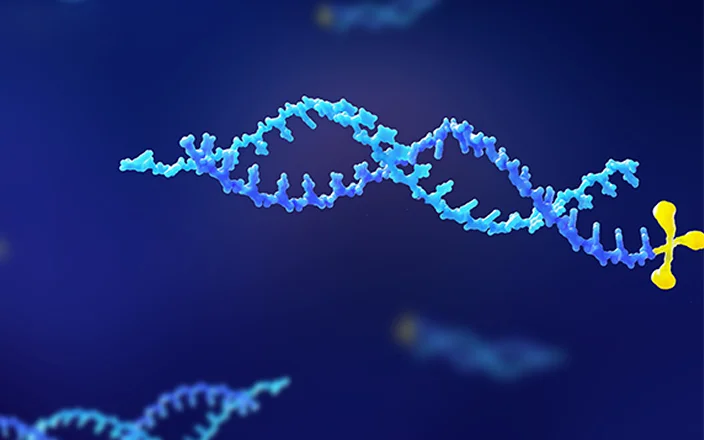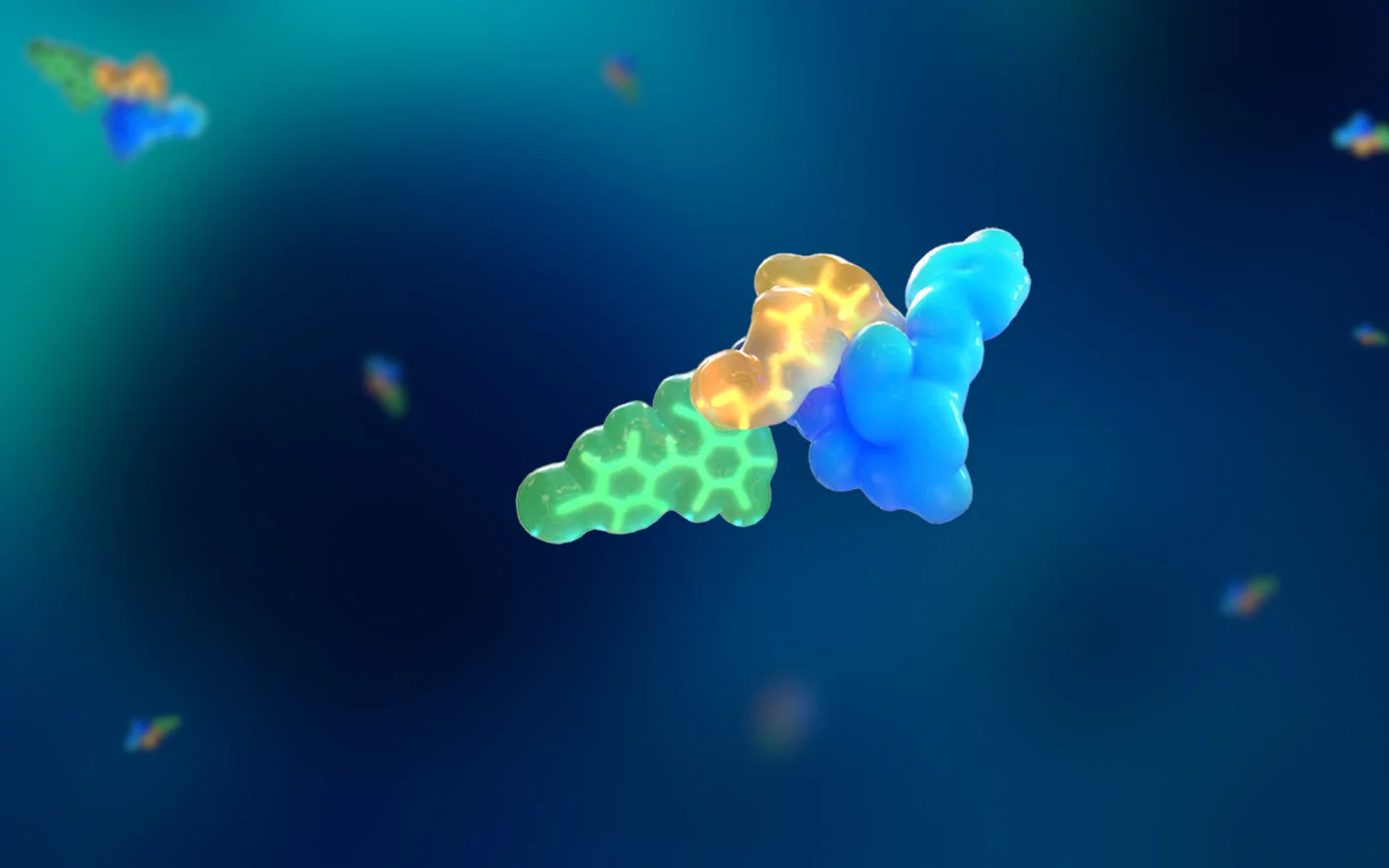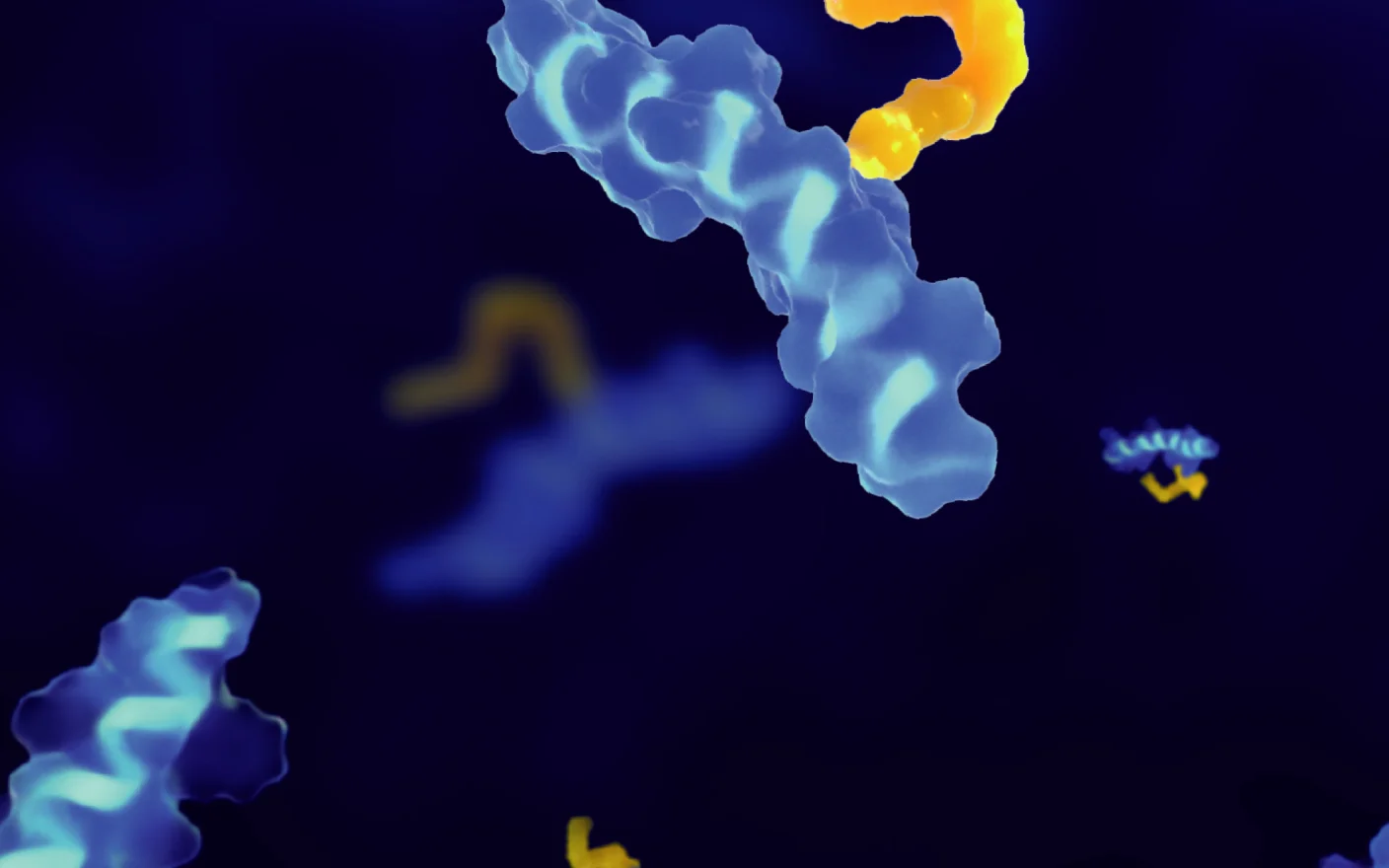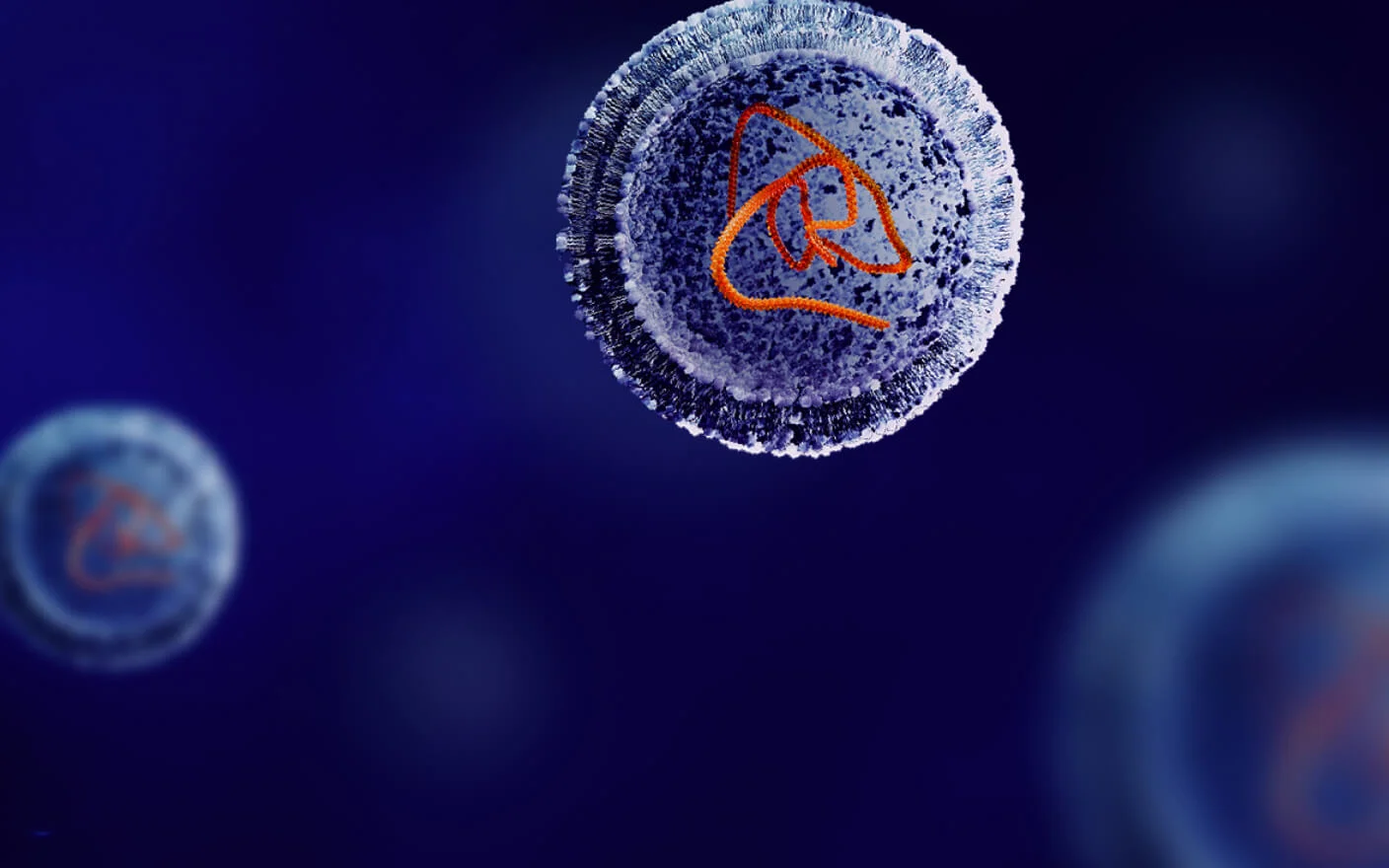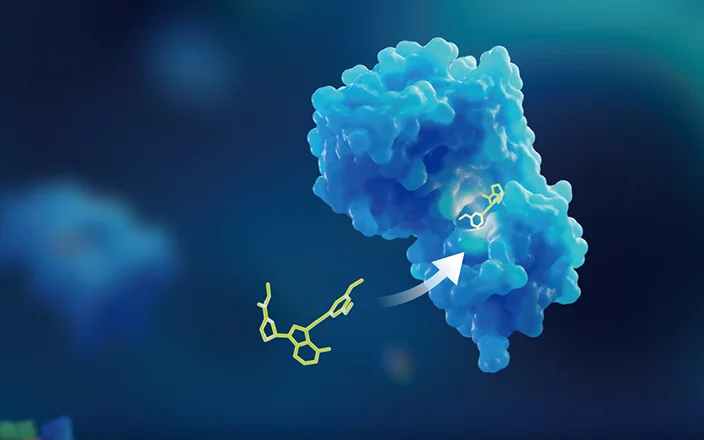Antibody-drug conjugates (ADC), as a novel antitumor therapeutic drug, are formed by the conjugation of monoclonal antibodies with highly toxic payloads through linkers. By the end of 2022, a total of 15 ADCs have been marketed globally, among them 10 ADCs were approved since 2019, triggering a new boom in ADC development. ADC is a combination of large and small molecules, making it challenging to study the pharmacokinetics. In addition, the study of ADC payload release and metabolism is essential for ADC development, because it is related to ADC efficacy, ADC toxicity, and Drug-Drug Interaction (DDI).
These are the key factors for the successful development of ADCs: (1) An ADC should remain stable in blood circulation and attack tumor cells selectively; (2) The payload released by an ADC in tumor cells should be potently cytotoxic to kill tumor cells quickly.
ADC PK study strategies
Based on the available literature, analysis of pharmacokinetic data from marketed ADC drugs, and summarizing of research experience, we have identified four specific requirements for ADC PK research:
-
It requires the ability to conduct PK studies of small and large molecules.
-
It requires comprehensive ADME and bioanalysis capabilities, including study capacity for small and large animals, bioanalysis of large and small molecules, in vitro DDI, in vitro and in vivo metabolite identification, and radiolabeled ADME.
-
It is necessary to specifically design the overall strategies for PK studies and the specific protocols according to the structure of the ADC and the demand for the effectiveness and safety of new drugs.
-
It requires excellent project management capability and ability and as well as the ability to coordinate and collaborate across multiple departments
The Relationship between ADC payload release and Toxicity as well as DDI
The release, metabolism, and clearance of ADC payloads in non-target tissues are closely related to ADC toxicity and DDI. ADC can be divided into two types based on its structure:
-
Cleavable ADCs: Cleavable ADCs release payloads under the catalysis of lysosomal enzymes or acidic conditions, and the released payloads have a relatively clear structure.
-
Non-cleavable ADCs: Non-cleavable ADCs release payloads that are bound to partial peptide chains or amino acids through the degradation of antibodies and the structure of payloads is unknown.
The WuXi AppTec DMPK ADC team has specifically developed strategies, processes, and methods for the study of the release and metabolism of ADC payloads. For example, for cleavable ADCs, the in vitro metabolic system of ADCs is used to determine whether payloads are released according to the ADC design. For non-cleavable ADCs, the same metabolic system is used to identify payload-related metabolites through proteolysis. We look forward to accelerating drug development and registration of ADC by proposing a specific PK study strategy and scheme for each ADC project.
To learn more about the strategies for ADCs’ development, read the article now.
Committed to accelerating drug discovery and development, we offer a full range of discovery screening, preclinical development, clinical drug metabolism, and pharmacokinetic (DMPK) platforms and services. With research facilities in the United States (New Jersey) and China (Shanghai, Suzhou, Nanjing, and Nantong), 1,000+ scientists, and over fifteen years of experience in Investigational New Drug (IND) application, our DMPK team at WuXi AppTec are serving 1,500+ global clients, and have successfully supported 1,200+ IND applications.
Talk to a WuXi AppTec expert today to get the support you need to achieve your drug development goals.
Related Services and Platforms




Stay Connected
Keep up with the latest news and insights.




